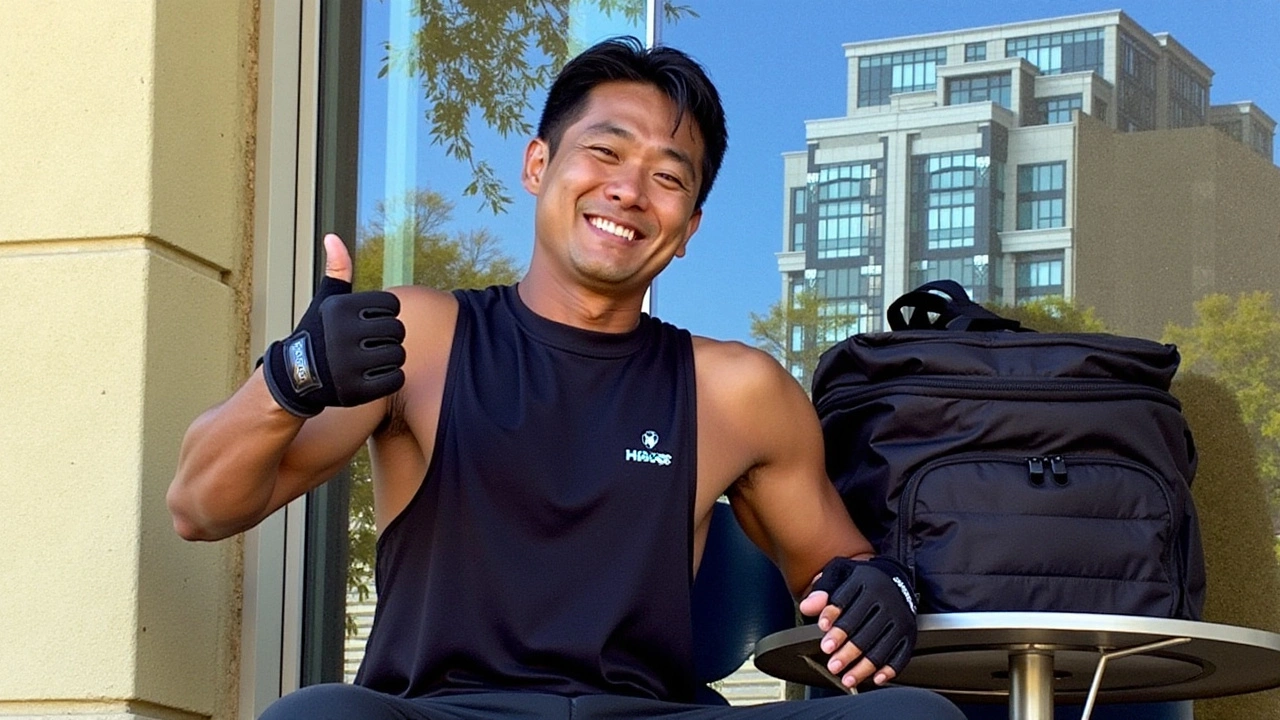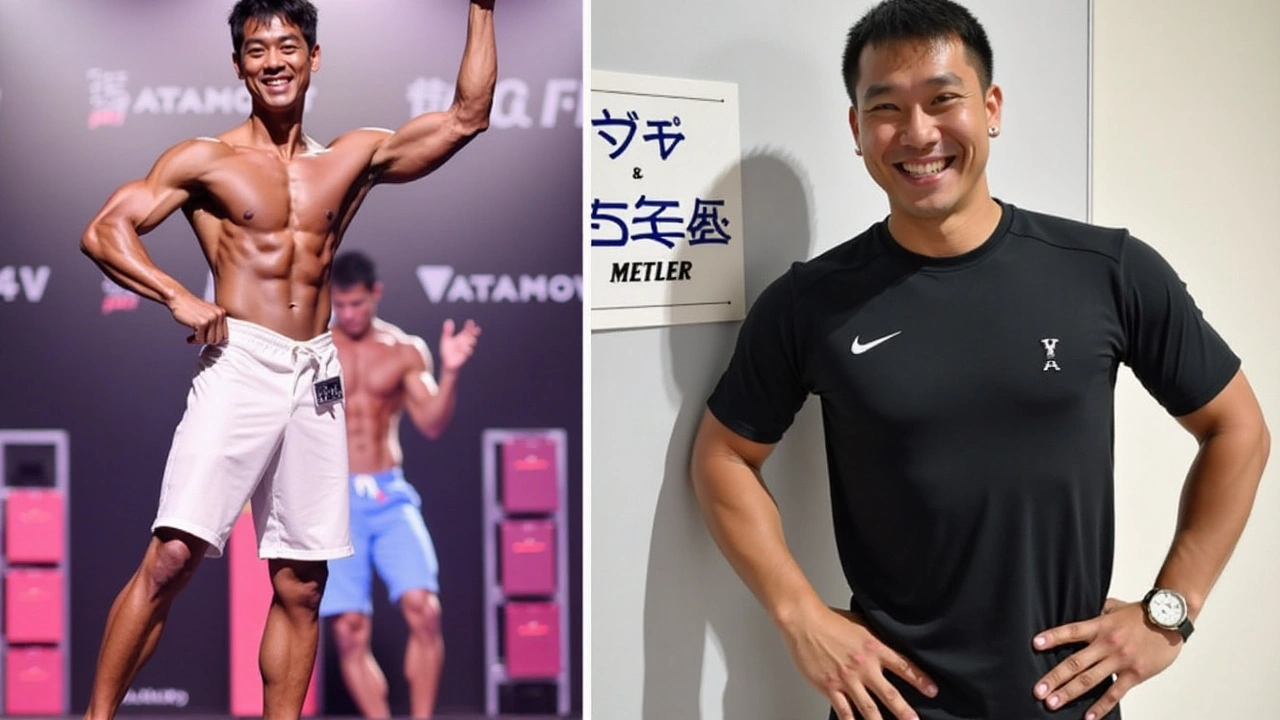Diving into the Unconventional Sleep Regimen of Daisuke Hori
Daisuke Hori is a 40-year-old entrepreneur from the Hyogo prefecture in western Japan who has managed to garner substantial attention, not for his business acumen, but for his highly unconventional sleep routine. For the past 12 years, Hori has adhered to a radical sleep schedule, limiting himself to just 30 minutes of shut-eye each day. According to Hori, this extreme approach to sleep has significantly increased his productivity, allowing him to maximize his waking hours and improve his overall quality of life.
Hori claims that he has successfully trained his brain and body to operate normally on minimal sleep, never experiencing fatigue despite the drastic reduction in rest. His regimen includes physical activities and drinking coffee an hour before meals to stay alert and maintain his energy levels. He firmly believes that the key to effective functioning lies in the quality of sleep rather than its quantity. This belief is supported by his assertion that professionals such as doctors and firefighters, who often work long hours with minimal rest, maintain high efficiency and focus.
The Birth of the Japan Short Sleepers Training Association
Recognizing the potential for wider application of his sleep philosophy, Hori founded the Japan Short Sleepers Training Association in 2016. The organization aims to educate and train individuals on managing sleep and health through seminars and workshops. To date, over 2,100 students have undergone training under Hori's guidance, learning to adapt to a sleep routine that dramatically reduces their sleeping hours.
One notable success story from Hori's program is a female student who managed to reduce her sleep time from eight hours to just 90 minutes per day. This student reported maintaining good skin and mental health for four years following her training, serving as a testament to the potential benefits of Hori's sleep regimen.
The concept of ultra-short sleep has also caught the attention of Japanese media. Hori's lifestyle was featured on the reality show 'Will You Go With Me?' by Yomiuri TV. The program documented Hori sleeping for a mere 26 minutes, after which he woke up energized, had breakfast, and proceeded to a gym session before starting his workday. Such public exposure has only increased interest and curiosity surrounding Hori's unique lifestyle.

Medical Community's Take on Ultra-Short Sleep
Despite the success stories and growing interest, medical professionals remain skeptical and cautious about embracing such extreme sleep reduction. Experts point out that while some individuals might be able to function on minimal sleep in the short term, the long-term effects can be detrimental. Studies have shown that sleep deprivation can lead to a decline in memory function, weakened immune response, mood disorders, and an increased risk of cardiovascular diseases.
Sleep specialists emphasize that the human body typically requires seven to nine hours of sleep per night to maintain optimal health. Prolonged sleep deprivation can disrupt cognitive function, impair judgment, and negatively impact physical health. Therefore, while Hori's claims and experiences are intriguing, they are not considered suitable or safe for the general population.
Exploring the Balance Between Sleep and Productivity
The debate between quantity and quality of sleep has persisted for years. While Hori's experience suggests that high-quality sleep can compensate for reduced sleep duration, this is not a universally applicable solution. Bio-individuality plays a crucial role in determining how much sleep a person needs. What works for one individual may not work for another, and it's essential to recognize the signs of insufficient sleep, such as daytime sleepiness, irritability, and difficulty concentrating.
The pursuit of increased productivity should not come at the cost of health and well-being. The notion that reducing sleep can create more waking hours for work and activities might be appealing, but the risks associated with chronic sleep deprivation are significant. Achieving a balance between adequate sleep and productivity remains a goal worth striving for, requiring attentiveness and self-awareness.
A Human Perspective on Sleep
Sleep, often considered a cornerstone of health and well-being, serves numerous essential functions, from memory consolidation to tissue repair. The importance of sleep is underscored by the fact that it allows the brain and body to recover and prepare for the challenges of the next day. While the allure of extra waking hours can be tempting in today's fast-paced world, it is essential to prioritize sleep's restorative aspects to maintain long-term health.
Daisuke Hori's sleep experiment is an intriguing glimpse into the potential for human adaptation and the body's resilience. However, it also raises important questions about the extent to which sleep can be manipulated without compromising health. As more individuals explore the boundaries of sleep and productivity, it remains vital to heed the advice of medical professionals and approach such experiments with caution.
Conclusion
In conclusion, while Daisuke Hori's approach to sleep and productivity is undoubtedly fascinating and has demonstrated positive outcomes for him and some of his followers, it is essential to recognize that such an extreme lifestyle is not suitable for everyone. The broader consensus among medical professionals is that adequate sleep is crucial for maintaining both physical and mental health. As society continues to explore the interplay between sleep and productivity, the importance of listening to our bodies and respecting our individual needs cannot be overstated.
